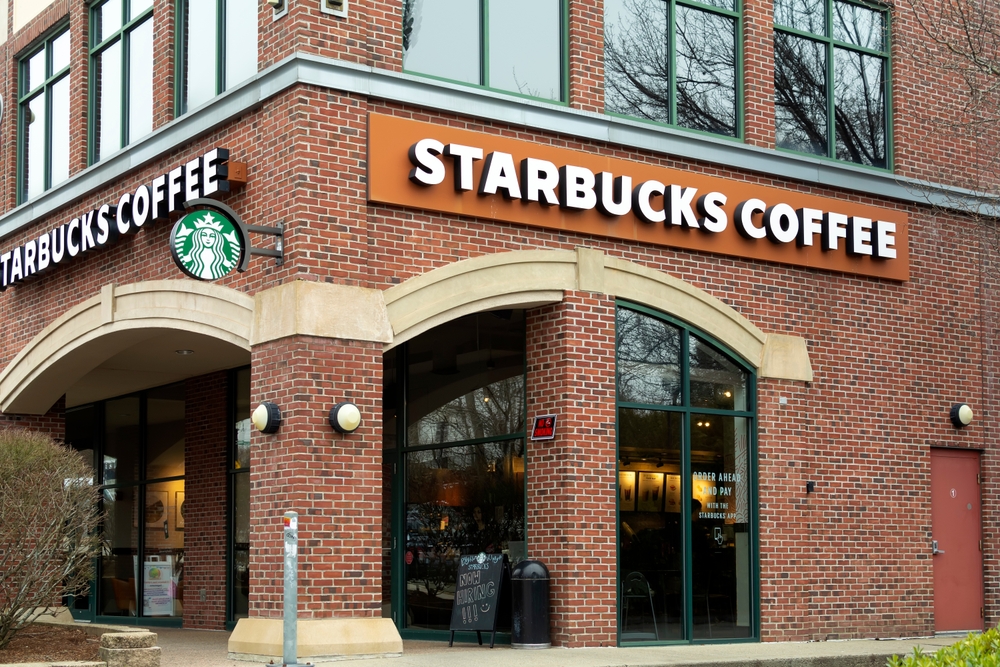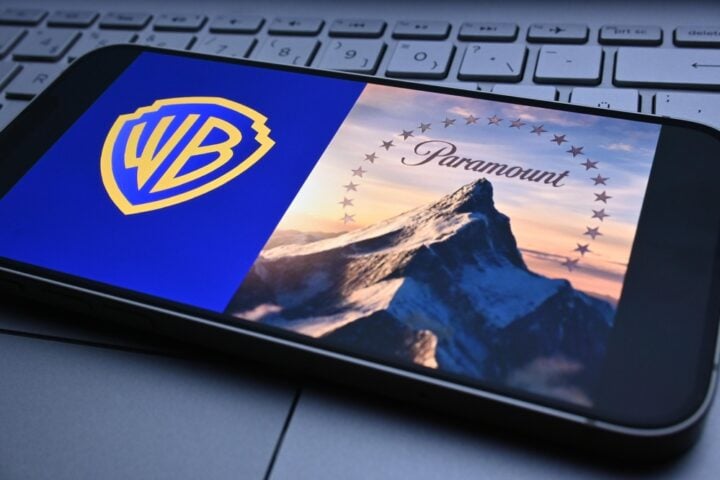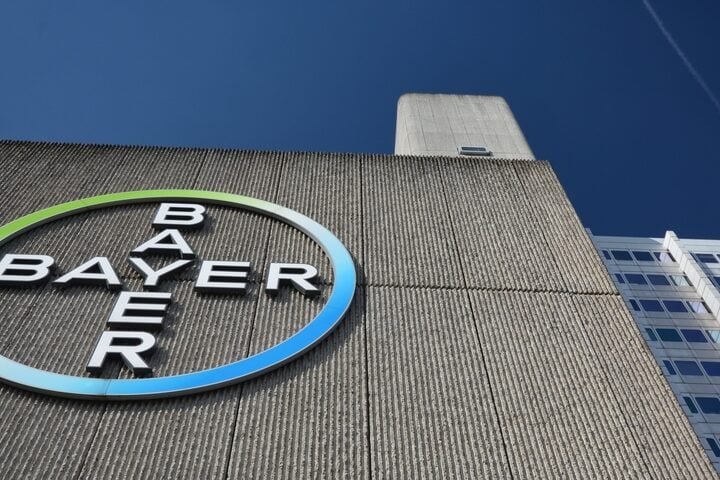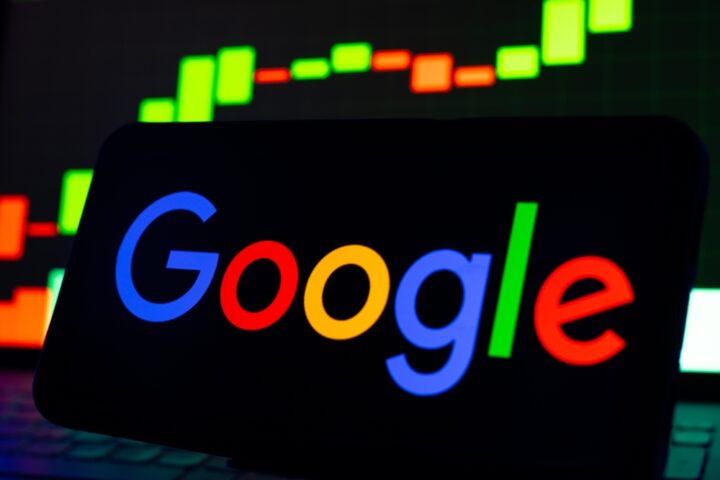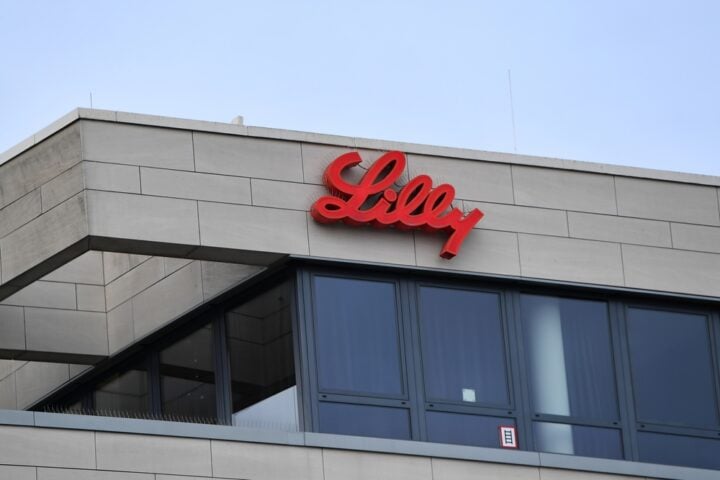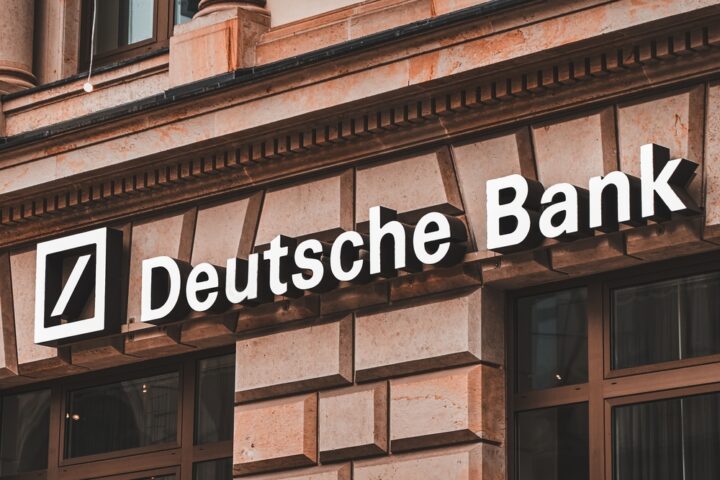Baristas at Starbucks stores in Burbank swapped their aprons for picket signs on Friday as part of a growing nationwide strike demanding collective bargaining agreements. The walkout is spearheaded by Starbucks Workers United, the union representing employees at hundreds of company-owned stores across the United States.
Burbank Baristas Take a Stand
The Starbucks location on Alameda Avenue in Burbank remained shuttered Friday, with a sign on the door announcing its closure for the day. Outside, employees gathered early in the morning, holding signs emblazoned with “No Contract, No Coffee.”
Joining them were workers from another Burbank Starbucks on Shelton Avenue, along with employees from stores in major cities like Chicago and Seattle. The strike is part of a five-day effort to pressure Starbucks into negotiating collective bargaining agreements for unionized workers.
The Roots of the Dispute
Since 2021, Starbucks Workers United has organized workers at 535 company-owned U.S. stores. However, the union claims Starbucks has failed to honor a February commitment to reach labor agreements and resolve ongoing legal disputes. According to the union, hundreds of unfair labor practice charges against Starbucks remain unresolved.
The recent strike aims to reignite stalled negotiation talks. The union has accused the company of offering inadequate wage increases for unionized baristas, proposing no immediate raises and a 1.5% increase in future years.
Starbucks’ Response
Starbucks, which operates nearly 10,000 company-owned stores in the U.S., stated that it has held nine bargaining sessions with the union since April and reached more than 30 agreements with various locations.
“We are ready to continue negotiations to reach agreements. We need the union to return to the table,” Starbucks said in a statement, accusing Workers United of prematurely ending a recent bargaining session.
The company also highlighted its existing pay and benefits package, which it values at $30 per hour for baristas working at least 20 hours per week. Starbucks noted that this includes perks like free college tuition and paid family leave.
A Growing Movement
The strikes, which began Friday in Burbank, Chicago, and Seattle, are expected to escalate daily with more locations joining across the country. Starbucks Workers United has warned that the demonstrations could culminate in a nationwide movement unless progress is made toward a collective bargaining agreement.
For Starbucks employees, the strike represents a fight for fair wages and stronger job security. For the company, it’s a test of its ability to navigate mounting union pressures while maintaining operations across its vast network of stores.
As the dispute intensifies, customers and stakeholders alike will watch closely to see whether Starbucks and its employees can find common ground—or if the strikes will further strain the company’s public image.


